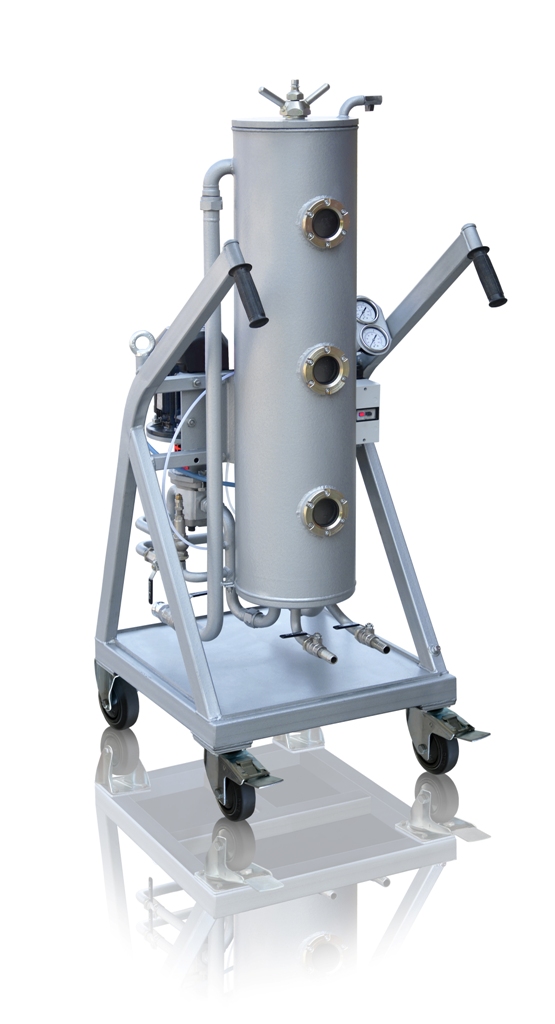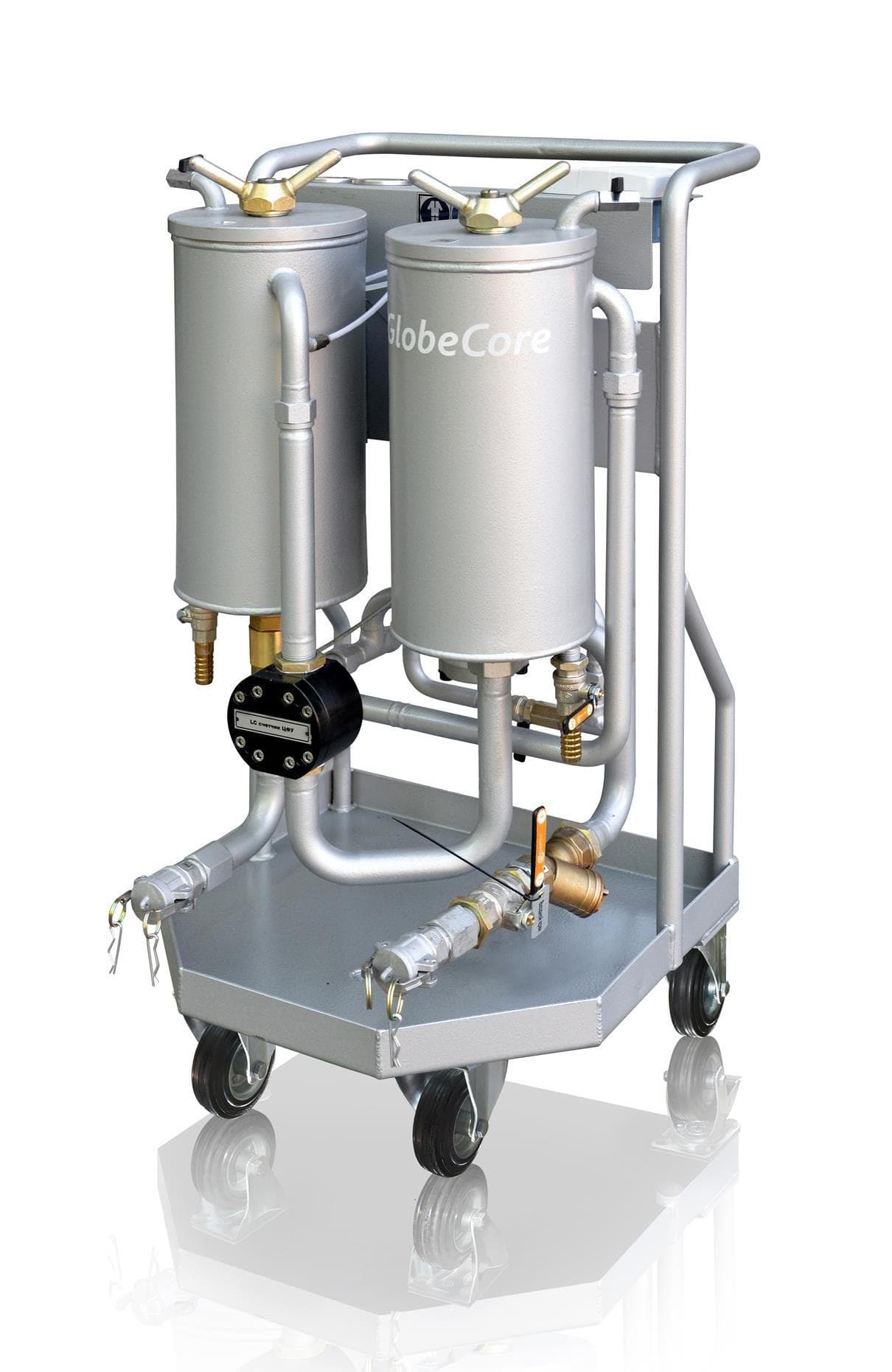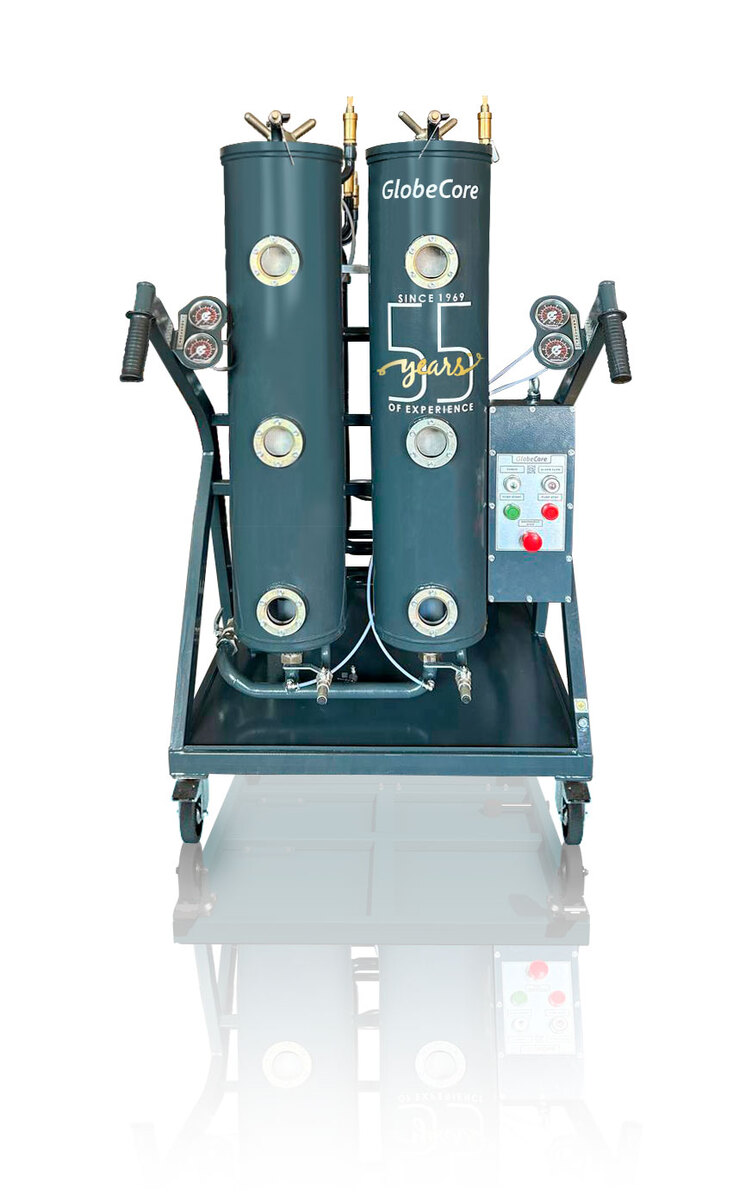Сutting oil
How does cutting oil separation contribute to fluid management?
- This topic has 1 reply, 2 voices, and was last updated 1 year, 4 months ago by .
Answers
-
October 1, 2024 at 8:45 pm by Natalie Dupont
Contaminant Removal: Separates tramp oil, particulates, and other impurities from the cutting oil.
Fluid Life Extension: Clean oil lasts longer, reducing the frequency of replacements.
Cost Reduction: Lowers expenses associated with purchasing new fluids and disposing of waste.
Performance Maintenance: Keeps the cutting oil performing at optimal levels, ensuring consistent machining quality.
Environmental Impact: Decreases the volume of waste generated.
Separation is a key component in efficient fluid management strategies, enhancing both economic and operational benefits.



